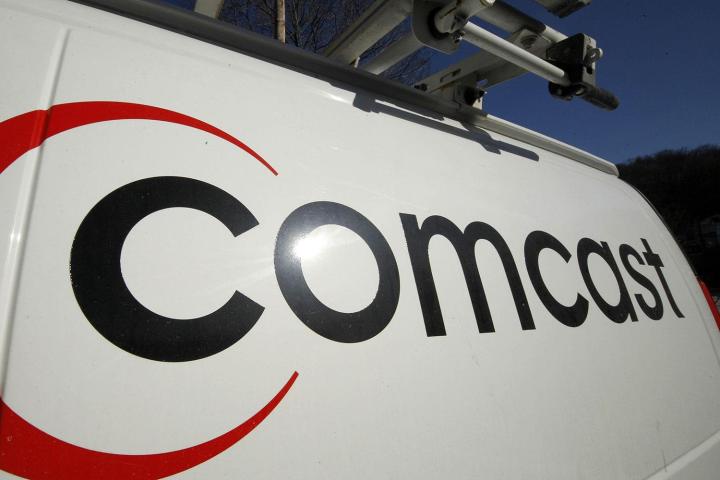
The FCC has received 11,812 complaints about Comcast through November 9, 2015. That number is greater than the three other big telecom firms combined. AT&T received 3,896 complaints, Verizon 1,588, and Time Warner Cable racked up an impressively small 1,240. That’s 6,724 combined, for those keeping score — barely more than half of Comcast’s ridiculous tally.
Comcast is the largest broadband provider in the nation, so it makes sense it would receive the most hate. But the company also underperforms on a per-subscriber basis. It has about 23 million broadband customers, compared to almost 16 million for AT&T, 13 million for Time Warner Cable, and 9 million for Verizon.
Many of the complaints are related to Comcast’s 300GB per month data cap, which the company has rolled out to various markets over the past year. Unfortunately for some, Comcast is sometimes the only choice of cable Internet, which leaves users who must exceed the cap with no option but to pay for overages.
These complaints were filed under the “billing” category, which numbered 7,157. While some criticized the 300GB cap as a concept, others were more specific, even going so far as to claim that Comcast’s measurement of data usage is inaccurate. 2,886 complaints were filed under the availability category (which includes outages), and 1,769 complaints were about speed, with many of those stating that the company failed to deliver on promised bandwidth.
Comcast states that it responds to each complaint that it receives, and will issue a credit if it finds a customer was overcharged.
2015 hasn’t been a great year for Comcast in the media. In addition to taking fire over data caps, Comcast suffered a security breach that resulted in almost 600,000 emails and passwords being leaked, blocked SlingTV ads that portrayed cable companies as bullies, and literally insulted its customers.
Yet, in spite of all that, Comcast remains the only cable Internet service available to many — which is why, despite its shoddy complaint record, it acquired more new subscribers than any competitor this year. That says everything you need to know about the state of broadband in America, doesn’t it?


